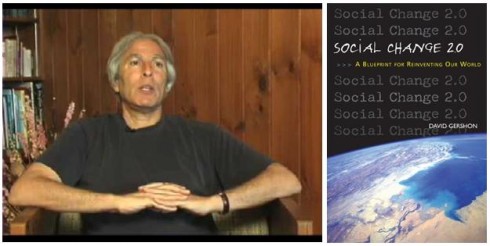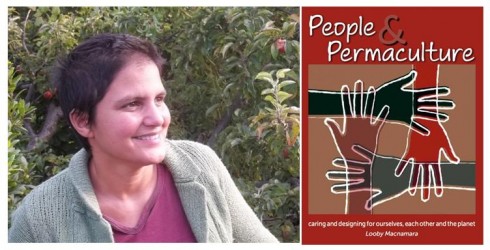Transition Culture has moved
I no longer blog on this site. You can now find me, my general blogs, and the work I am doing researching my forthcoming book on imagination, on my new blog.
Come find me at robhopkins.net
Archive for “The ‘Heart’ of Energy Descent” category
Showing results 6 - 10 of 230 for the category: The ‘Heart’ of Energy Descent.
11 Apr 2013
How does this resonate with your experience of being involved in Transition? Your group is highly effective, generally harmonious, communicates clearly and effectively, has power dynamics which are understood and enjoyed by everyone, deals creatively with conflict and runs its meetings in such a way that people look forward to them and love being part of them. If your answer sits anywhere between “absolutely not” and “hmmm”, then you might enjoy this short video:
https://youtu.be/NmEC3BCOBq8
It’s an introduction to Transition Training’s new ‘Effective Groups’ training and resources, developed by trainer Nick Osborne, who also narrates it. I spoke to Nick, and what follows is a choice of audio from our conversation broken into different questions, or some notes for those who would rather read the key points.
Read more»
12 Feb 2013

As Transition groups deepen their work and begin to have a tangible impact, it is, perhaps, inevitable that those who disagree may express their opinions with vigour. Over the last few months it has been my own personal experience to be on the receiving end of this in Totnes, and I have to say it has not been especially pleasant. It appears, finally, to be calming down, and so what I would like to do in this post, with the help of a few names you might recognise who have had a lot more experience of this kind of thing than I have, is to try and draw out some learnings from it.
Read more»
28 Jan 2013

What’s your sense at the moment of the movement of people around the world who are doing this kind of work, whether it’s Transition or your work or all the various other kind of things like it? This bottom-up, community-focused sense that the new economy that’s actually going to be able to sustain us needs to be run very very differently from the one we have at the moment which is failing so many people wretchedly at this point. What’s your sense of the state of health, where are we do you think?
There’s this common link that you and I have, which is climate change. Climate change, to me, is the over arching context of everything we deal with on the planet at this moment in time, and henceforth for the rest of our lives, our children’s lives and on into the future. It’s now become the 800 pound gorilla in the room, whether our politicians are able to act on it or not. Eventually they will, at different levels, and they already are at some levels, but as Thomas Friedman, who writes for the New York Times, says “Nature bats last”.
Read more»
25 Jan 2013

David Gershon‘s book ‘Social Change 2.0’ has been one that quite a few people involved in Transition have found useful and insightful, so I was delighted to be able to have a conversation with him recently. My discussion with him will be spread over 2 posts, one today and the second part on Monday.
David, thank you very much for joining us. I wondered if we could start by you just introducing yourself and saying a bit about who you are and what you do?
I have been a change agent, I guess you would say, for at least 30 years. My work has been around an idea called empowerment, in particular, ‘second order change’, which is another way of describing transformative social change. I have engaged in a number of initiatives of different sizes and scales from the household and block level up to the global level, and I’ve also applied this to working with organisations that want to engage.
Read more»
21 Jan 2013

Looby Macnamara is a permaculture teacher and author of ‘People and Permaculture: caring and designing for ourselves, each other, and the planet‘. According to the publishers, it is “the first book to explore how to use permaculture design and principles for people – to restore personal, social and planetary well-being. People & Permaculture widens the definition of permaculture from being mainly about land-based systems to taking it right into the heart of our own lives, relationships and society”. I caught up with Looby via. Skype, and started by asking her how she came to the work that led to her writing the book (you can either listen to this podcast, or the transcript is below):
Read more»




